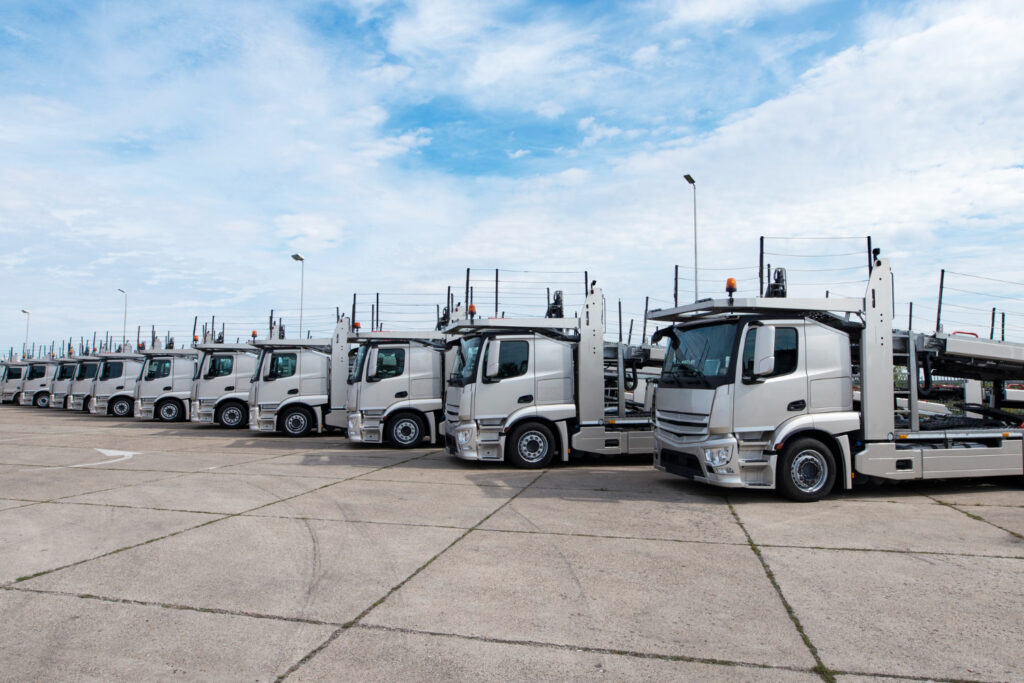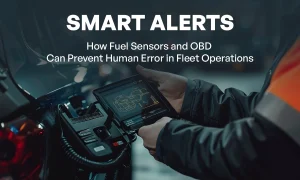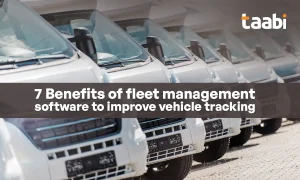The development and efficient functioning of a logistics control tower are heavily reliant on a range of cutting-edge technologies. These technologies not only empower the control tower to deliver real-time insights and enhanced decision-making capabilities but also ensure seamless integration and coordination across the entire logistics network. Let’s explore the key technologies that are instrumental in developing a robust logistics control tower solution.
At the core of a logistics control tower is cloud computing technology. The cloud provides a scalable, flexible platform for integrating data from diverse sources within the supply chain. This integration is crucial for creating a unified, real-time view of logistics operations. Cloud computing facilitates the handling of large volumes of data from various sources such as GPS tracking systems, transportation management systems, and warehouse management systems. It enables the logistics control tower to process and analyze this data efficiently, providing actionable insights for logistics managers.
Big Data analytics is another cornerstone technology in control tower logistics. A logistics control tower harnesses the power of Big Data to analyze vast amounts of information, drawing meaningful insights about shipment statuses, delivery times, and potential bottlenecks. Advanced analytics tools, including predictive analytics and machine learning algorithms, are utilized to forecast trends, anticipate disruptions, and suggest optimal routes and solutions. This proactive approach in logistics management helps in avoiding delays and reduces overall operational costs.
The Internet of Things (IoT) plays a pivotal role in enhancing the capabilities of a logistics control tower. IoT devices such as sensors and RFID tags are used to track vehicles, cargo, and inventory in real-time. This continuous monitoring enables the logistics control tower to provide up-to-the-minute updates on shipments, enhancing transparency and accountability throughout the supply chain. Furthermore, IoT data helps in monitoring the condition of goods, particularly important in the case of sensitive or perishable items.
Artificial Intelligence (AI) and machine learning technologies are increasingly being integrated into logistics control towers. AI algorithms can process large datasets quickly, identifying patterns and making intelligent predictions about supply chain operations. This capability is invaluable in scenarios like route optimization, demand forecasting, and identifying the most efficient transport modes. Machine learning models continually improve over time, learning from past data to make more accurate predictions and recommendations.
Effective communication is essential in logistics, and a logistics control tower utilizes various collaborative platforms and communication tools to ensure seamless interaction among stakeholders. These tools enable real-time sharing of information and collaborative decision-making among suppliers, carriers, and customers. They ensure that all parties are aligned and informed, leading to more coordinated and efficient logistics operations.
Taabi’s logistics control tower can become an essential tool for your business, helping you optimize your supply chain operations, reduce costs, and improve overall service quality.
One of the primary ways a logistics control tower improves operational efficiency is through enhanced visibility. By providing a bird’s-eye view of the entire supply chain, it allows managers to track shipments in real-time, monitor inventory levels, and anticipate potential disruptions. This level of insight is invaluable in making proactive decisions, reducing delays, and maintaining a smooth flow of operations. By incorporating control tower logistics, companies can significantly reduce the uncertainties and inefficiencies associated with traditional logistics management.
Effective communication is the backbone of logistics operations. A logistics control tower fosters improved collaboration between different stakeholders, including suppliers, carriers, and customers. By having a single source of truth, all parties can access real-time information, reducing misunderstandings and delays. This integrated approach, a hallmark of control tower logistics, ensures that everyone involved is on the same page, leading to more synchronized and efficient operations.
Modern logistics control towers are equipped with advanced analytics tools and predictive capabilities. These systems analyze historical and real-time data to identify patterns, forecast potential issues, and suggest optimal solutions. For instance, predictive analytics can anticipate delays due to weather or traffic and suggest alternate routes or modes of transportation. The predictive power inherent in logistics control tower technology is a game-changer, enabling companies to stay one step ahead of potential challenges.
A logistics control tower can automate various routine tasks, from order processing to carrier selection. Automation reduces manual errors, speeds up processes, and frees up human resources for more strategic tasks. Furthermore, by streamlining processes through control tower logistics, companies can achieve a higher level of efficiency, consistency, and reliability in their operations.
Efficiency in logistics is not just about speed; it’s also about cost-effectiveness. A logistics control tower helps in identifying cost-saving opportunities, such as optimizing routes, consolidating shipments, or choosing more cost-effective carriers. Moreover, with improved efficiency comes better customer service. Customers benefit from faster deliveries, real-time tracking, and fewer errors, enhancing their overall satisfaction and loyalty.
In the volatile world of logistics, risk management can be a slippery slope. A logistics control tower provides the tools to identify risks proactively, from geopolitical issues to supplier disruptions. By having a comprehensive view of the entire supply chain, companies can implement contingency plans swiftly, minimizing the impact of disruptions on their operations.
The integration of a logistics control tower is a transformative step towards operational excellence in the logistics industry. It brings together enhanced visibility, improved collaboration, advanced analytics, streamlined processes, cost reductions, and robust risk management under one umbrella.
By adopting control tower logistics, companies not only optimize their operations but also position themselves to respond dynamically to the ever-changing demands of the global supply chain. In today’s competitive market, leveraging the capabilities of a logistics control tower is not just an option; it’s a necessity for staying ahead.








